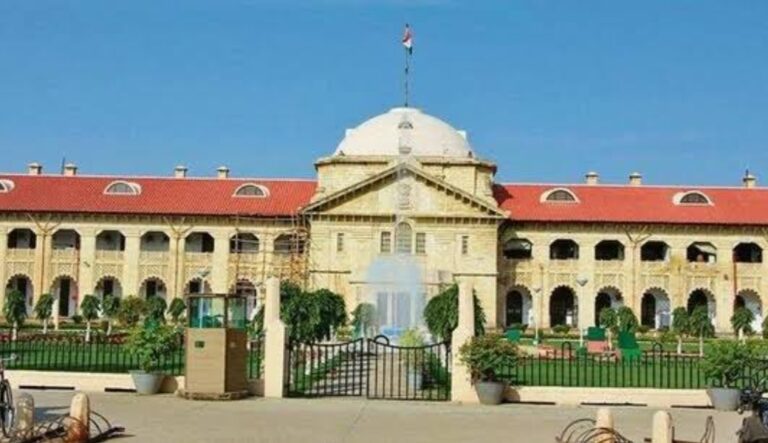In a significant ruling on May 29, 2025, the Allahabad High Court dismissed Patanjali Ayurved’s plea challenging a ₹273.5 crore penalty under the Goods and Services Tax (GST) Act. The judgment delivers a strong message on tax compliance and the civil nature of GST penalties.
Court Rules GST Penalty is Civil, Not Criminal
The division bench comprising Justices Shekhar B Saraf and Vipin Chandra Dixit held that penalties levied under Section 122 of the Central Goods and Services Tax (CGST) Act are civil liabilities. The court clarified that such penalties can be imposed by the tax authorities without the need for criminal prosecution or a trial.
This clarification counters Patanjali’s argument that the penalty was criminal in nature and should require judicial proceedings. Citing previous Supreme Court rulings, the Court emphasized that tax penalties serve a remedial and deterrent function rather than a punitive one.
“A penalty imposed for a tax delinquency is a civil obligation, remedial and coercive in nature, and is far different from a penalty for a crime,” the Court stated.
Patanjali Under GST Scanner for Alleged Fake Transactions
The case originated after the Directorate General of GST Intelligence (DGGI) flagged suspicious activities involving circular trading and fictitious invoices. Investigations revealed that Patanjali may have issued tax invoices without actual movement of goods — a violation under Section 122(1), clauses (ii) and (vii) of the CGST Act.
A show-cause notice proposing a ₹273.51 crore penalty was issued to Patanjali on April 19, 2024.
Tax Demand Dropped, But Penalty Proceedings Continued
In an earlier adjudication order dated January 10, 2025, the GST department dropped the tax demand under Section 74 of the CGST Act after determining that Patanjali’s sales exceeded its purchases, thus indicating valid Input Tax Credit (ITC) claims.
Despite this, authorities proceeded with penalty proceedings under Section 122, prompting Patanjali to approach the High Court once again.
Court: Sections 74 and 122 Address Different Violations
Patanjali argued that since the tax demand under Section 74 was withdrawn, the penalty under Section 122 should also be nullified. However, the Court rejected this argument, stating that both sections cater to different aspects of GST law.
“The contravention under Section 73/74 need not necessarily be a contravention covered under Section 122 of the CGST Act,” the Bench observed.
‘Proper Officer’ Has Legal Authority to Impose Penalties
Another key contention from Patanjali was that Section 122 does not explicitly authorize a “proper officer” to impose penalties, thereby requiring criminal court involvement. The Court disagreed, pointing to Explanation 1(ii) of Section 74 and Rule 142(1)(a) of the CGST Rules.
These provisions confirm that a proper officer can issue notices and adjudicate matters under Section 122 using Form GST DRC-01.
“The legislature’s intent is clear – the proper officer is empowered to issue a show-cause notice and adjudicate penalty matters under Section 122,” the judgment stated.
Penalty Designed to Deter Tax Evasion
Highlighting the objective behind Section 122, the Court noted that the provision serves as a strong deterrent against tax evasion practices such as issuing fake invoices, wrongful ITC claims, and failure to remit collected tax.
The High Court ruled that the provision is constitutionally valid and aimed at enforcing compliance.
“Deterrence is the main theme or object behind the imposition of penalty under Section 122 of the CGST Act,” the Court emphasized.
Conclusion
With this verdict, the Allahabad High Court reaffirmed the authority of GST officers to impose civil penalties under Section 122 without requiring criminal proceedings. The decision is a landmark in tax jurisprudence and reinforces the importance of transparency and compliance in GST operations.
